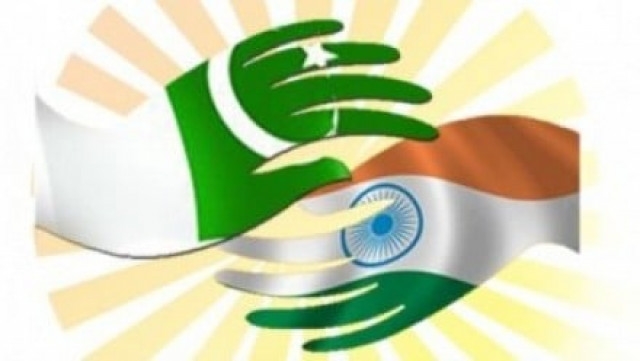Peace with India
Indian peace delegation is the only way to make progress in India-Pakistan relations should be warmly welcomed.

There is also reason to doubt intentions on both sides. A diplomatic cable recently released by WikiLeaks, quotes US Ambassador to India, Timothy Roemer, as saying that the Indian prime minister was isolated in his own government on the issue of talking to Pakistan. According to him, then national security adviser MK Narayanan was not supportive of talks with Pakistan, a position he says was shared by everyone in the government other than Dr Singh. It is not known if this is still the case, but Pakistan-bashing has always been the tool of choice for faltering Indian politicians. Even if Dr Singh does not go down that route, there is little hope of talks achieving much if one side does not believe in them.
In Pakistan the worry is always the military establishment, which has veto power on all major foreign policy decisions. As long it sees a financial and ideological interest in maintaining the status quo in Kashmir, a comprehensive agreement between the two sides seems out of reach. But that is where the people of both countries can come in. They can keep on lobbying and pressuring their respective hawkish civil and military establishments that a lasting peace, could in fact, transform South Asia from being one of the world’s poorest and most-deprived regions into a prosperous trading bloc. The Indian peace delegation headed by Mr Nayar said many good things, particularly on the strong need to take urgent confidence-building measures, and one can only hope that governments on both sides will heed them.
Published in The Express Tribune, March 25th, 2011.















COMMENTS
Comments are moderated and generally will be posted if they are on-topic and not abusive.
For more information, please see our Comments FAQ